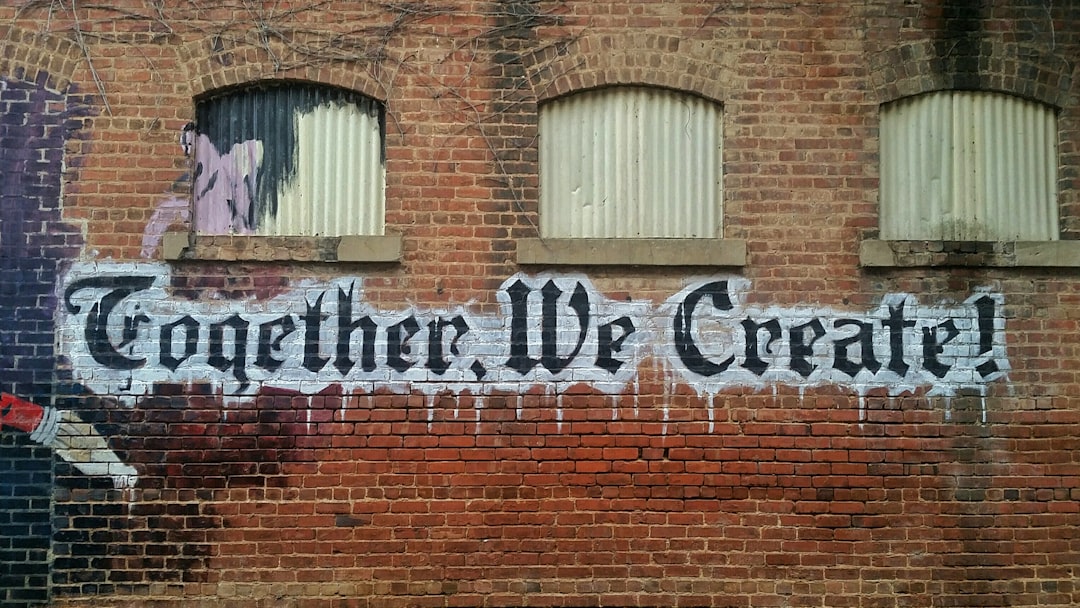Indigenous Film Retrospective: Honoring Pioneering Filmmakers and their Impact
In recent years, there has been a growing recognition of the importance and impact of Indigenous filmmakers in the world of cinema. These filmmakers have not only contributed to the diversity of film but have also played a significant role in telling stories that have long been overlooked or misrepresented in mainstream media. As we look back on the history of Indigenous cinema, it is important to honor the pioneering filmmakers who paved the way for future generations and celebrate their contributions to the art form.
One of the key aspects of Indigenous cinema is its ability to tell stories from a unique perspective. Indigenous filmmakers often draw on their own cultural traditions, histories, and experiences to create films that resonate with audiences on a deeper level. These films offer a glimpse into Indigenous worldviews, values, and struggles, allowing viewers to gain a better understanding of the complexities of Indigenous life.
One such pioneering Indigenous filmmaker is Alanis Obomsawin, an Abenaki filmmaker from Canada whose career spans over five decades. Obomsawin is known for her powerful documentaries that shed light on issues facing Indigenous communities, including social justice, environmental activism, and Indigenous rights. Her films have won numerous awards and have been screened at film festivals around the world, bringing attention to important issues and sparking conversations about Indigenous experiences.
Another trailblazer in Indigenous cinema is Merata Mita, a Māori filmmaker from New Zealand who was the first Indigenous woman to write and direct a feature film. Mita’s work focused on telling stories of resilience, resistance, and empowerment within the Māori community, challenging stereotypes and misconceptions about Indigenous peoples. Her films have had a lasting impact on the world of cinema and have inspired a new generation of Indigenous filmmakers to share their own stories.
As we reflect on the achievements of these pioneering filmmakers, it is important to acknowledge the role of Indigenous film festivals and organizations in promoting and supporting Indigenous cinema. These platforms provide a space for Indigenous filmmakers to showcase their work, connect with audiences, and network with industry professionals. They also play a crucial role in preserving and promoting Indigenous cultures and languages through film.
In recent years, the film industry has seen a rise in Indigenous filmmakers from around the world, creating a new wave of Indigenous cinema that is gaining recognition and acclaim. These filmmakers are challenging stereotypes, breaking barriers, and reshaping the landscape of cinema with their unique voices and perspectives. As we continue to celebrate the achievements of Indigenous filmmakers, it is important to support and uplift their work, ensuring that their stories continue to be told and heard.
To honor the legacy of pioneering Indigenous filmmakers and their impact on cinema, it is crucial to continue to support and promote Indigenous voices in the film industry. By amplifying Indigenous stories, experiences, and perspectives, we can create a more inclusive and diverse cinematic landscape that reflects the richness and complexity of Indigenous cultures. As we look to the future of Indigenous cinema, we can expect to see even more groundbreaking films that challenge conventions, inspire change, and celebrate the resilience of Indigenous communities.
If you are in Scotland and interested in creating films that highlight Indigenous stories and voices, consider reaching out to a reputable Video Production Company Scotland to help bring your vision to life. With their expertise and resources, you can produce high-quality films that honor the legacy of pioneering Indigenous filmmakers and make a lasting impact on audiences around the world.
——————-
Article posted by:
Native Film
https://www.nativefilm.co.uk/

